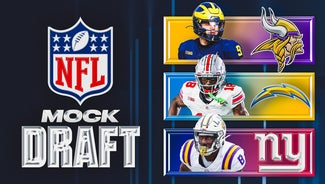





































































































































NFL beats all leagues in keeping stars
Several things happened this week in the world of sports — namely in baseball and basketball — that further illustrates why the NFL’s popularity and TV ratings bonanza is secure for years to come. Yes, the league has a form of free agency, but it has rightly prevented major star movement with the NFLPA's acceptance of the franchise tag.
The franchise tag is a mechanism that has built brand loyalty league-wide and, coupled with the NFL college draft, explains why the league remains so popular throughout the country — even in smaller markets and in cities where the teams are losing.
And why is that? Well, NFL fans whose team may miss the playoffs know there is potential for hope in the offseason when free agency begins before April’s draft.
The same cannot be said for the baseball fans in St. Louis right now. The world champion Cardinals just lost their biggest star and RBI producer to the Los Angeles Angels of Anaheim. The Angels, thanks to a rich cable-television contract, had almost New York Yankees-like money to spend, so they also grabbed the Rangers’ best left-handed pitcher in C.J. Wilson to go with Jared Weaver, the Angels' current ace.
Pujols leaving St. Louis in baseball is like Aaron Rodgers telling the Packers when his contract expires that he wants out of Green Bay so he can return to California, his home state. Despite Alex Smith’s improved play this season, we all know the San Francisco 49ers would pay Rodgers whatever he wanted. I use this as an example because the 49ers were Rodgers’ favorite team growing up.
Meanwhile, there seems to be player chaos in the NBA. Yes, David Stern vetoed the trade of All-Star guard Chris Paul to the Los Angeles Lakers, wanting to keep Paul with the league-owned New Orleans franchise. But we all know Paul will keep complaining and will try every legal maneuver he can in order to play in LA.
Ever since the NBA allowed LeBron James and Chris Bosh to join Dwyane Wade in Miami, pro basketball has suffered in the fan-allegiance sweepstakes. Cleveland was left holding the bag when James bolted. And as the basketball trend continues, the major markets have the most money, which translates to buying the best talent and keeping them happy. Is it any wonder that Dwight Howard wants to flee Orlando for the New York metro market and play for the Nets?
These major player moves would never happen in the NFL. Now, agents will tell you this is an awful thing for their quarterback clients, but on the flip side it definitely builds fan loyalty in NFL markets. Tom Brady and Peyton Manning still make very good money, but I’m sure at one point either one or both wouldn’t have minded picking a new team or city — say New Orleans for Manning? — had they been completely free to move at will. Instead, clubs lock up their stars long-term. The system has gotten even tougher for those drafted this season.
I’m not saying quarterback Andy Dalton is definitely taking the Bengals to the playoffs this season, but if he did he can’t renegotiate his contract. He is stuck with the deal he signed last summer for the next two seasons. And if he proves to be the long-term answer in Cincinnati, the Bengals can put the franchise tag on him after the 2015 season. And if Dalton balks at signing a long-term contract, the Bengals have the right to use the franchise tag — all told — for three consecutive seasons.
Yes, the franchise tag system does ensure that Dalton or Cam Newton or whichever quarterback gets tagged will be fairly compensated. For example, if the Saints can’t finalize a new contract with Drew Brees, whose deal is up, they will simply franchise him.
The NFL system prevents the major movement that baseball fans experience on an annual basis. Change may be good on a personal basis, but not necessarily when building a fan base.
Yes, the NFL has effectively prevented change from happening. And that’s been a boon for its popularity and millions of television followers.
Another example is that life isn’t totally over in Indianapolis. Colts fans may not have Peyton Manning next year, but they also know their team will have the opportunity to potentially draft the next Peyton Manning in April. Fans of the St. Louis Cardinals don’t have the same hopeful approach for their future. Their first-round pick will be playing in the minor leagues next season.
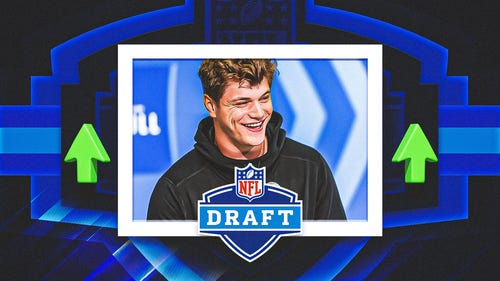
2024 NFL Draft odds: Vikings, Patriots are clear favorites to draft J.J. McCarthy
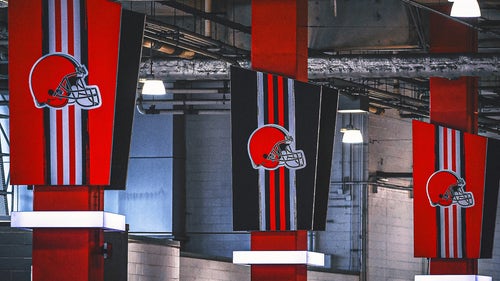
2024 NFL jersey redesigns: Browns latest team to make change
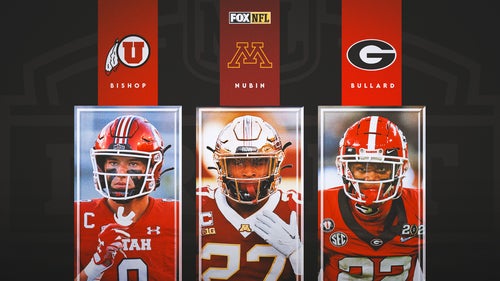
2024 NFL Draft safety rankings: Pac-12 prospects make up half of the top 10
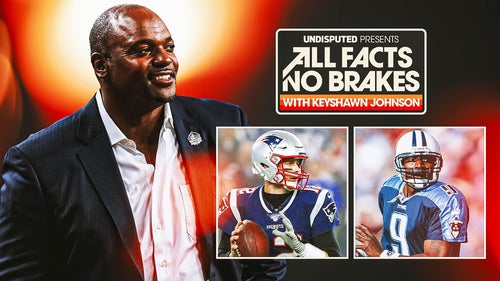
Dwight Freeney says Tom Brady was one of the toughest NFL QBs for him to sack
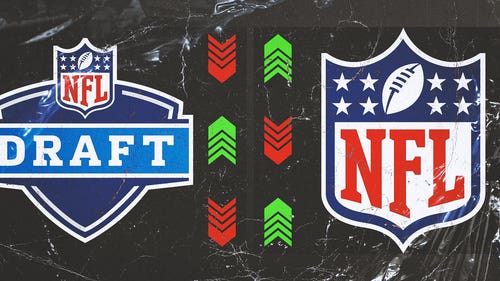
The art of NFL Draft misdirection: How teams use subterfuge to hide their plans

2024 NFL Schedule Release: Date, when does the season start?
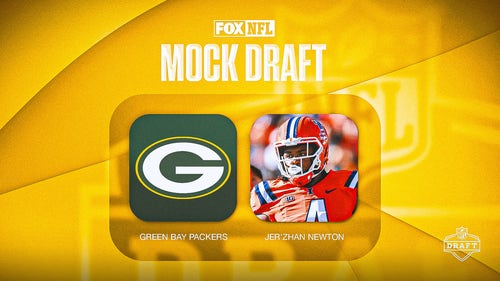
2024 Green Bay Packers mock draft: Loading up on the defensive side
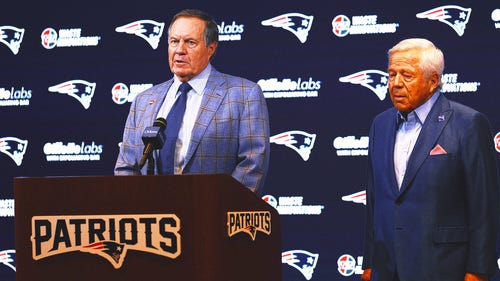
Robert Kraft reportedly warned Falcons 'not to trust' Bill Belichick
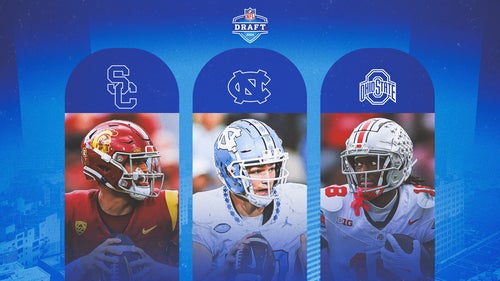
2024 NFL Draft prospect rankings: Top 100 led by Caleb Williams


2024 NFL Draft odds: Vikings, Patriots are clear favorites to draft J.J. McCarthy

2024 NFL jersey redesigns: Browns latest team to make change

2024 NFL Draft safety rankings: Pac-12 prospects make up half of the top 10

Dwight Freeney says Tom Brady was one of the toughest NFL QBs for him to sack

The art of NFL Draft misdirection: How teams use subterfuge to hide their plans

2024 NFL Schedule Release: Date, when does the season start?

2024 Green Bay Packers mock draft: Loading up on the defensive side

Robert Kraft reportedly warned Falcons 'not to trust' Bill Belichick

2024 NFL Draft prospect rankings: Top 100 led by Caleb Williams
